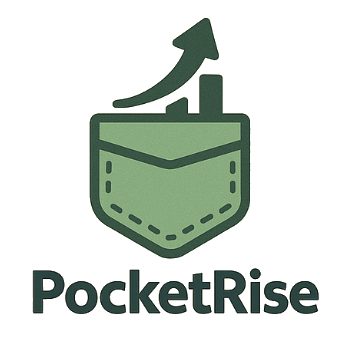If you’re planning to buy your first home, one of the smartest moves you can make is improving your credit score before applying for a mortgage. A higher credit score can help you qualify for better loan terms, lower interest rates, and even special first-time homebuyer programs. In this guide, we’ll walk you through how to improve your credit score before buying a house and explore top first-time homebuyer incentives available in 2025.
Why Your Credit Score Matters When Buying a Home
Your credit score plays a major role in your homebuying journey. It affects:
- Whether you qualify for a mortgage
- What interest rate you receive
- The size of your down payment
- Your overall loan approval and terms
Improving your credit score before applying for a home loan can save you thousands of dollars over time and increase your chances of securing your dream home.
Step 1: Check Your Credit Report and Score
Start by getting your free credit reports from Equifax, Experian, and TransUnion at AnnualCreditReport.com. Review them for:
- Errors or inaccurate information
- Late or missed payments
- High credit card balances
- Accounts in collections
Dispute any mistakes with the credit bureaus as soon as possible. This step alone can lead to a quick boost in your credit score.
Step 2: Take Action to Improve Your Credit Score Before Buying a House
If your credit score is below 700, take these steps to improve it before applying for a mortgage:
1. Pay Down Credit Card Balances
Keep your credit utilization below 30% – ideally under 10% – for the best results.
2. Make All Payments On Time
Set up autopay or reminders. On-time payment history is the single most important factor in your credit score.
3. Avoid Opening or Closing Credit Accounts
Opening new credit lines or closing old ones can hurt your score. Let your credit history work in your favor by keeping old accounts open and stable.
4. Become an Authorized User
If a trusted family member has strong credit, ask to be added as an authorized user on one of their credit cards. Their positive credit history can boost your score.
5. Report Rent Payments
Use rent-reporting services to have your on-time rent payments added to your credit history.
Step 3: Take Advantage of First-Time Homebuyer Incentives
Once your credit score improves, you can start exploring first-time homebuyer programs designed to reduce the cost of buying a house.
Federal First-Time Homebuyer Programs
- FHA Loans: Backed by the Federal Housing Administration. Allows credit scores as low as 580 with just 3.5% down – or 500 with 10% down.
- Fannie Mae HomeReady and Freddie Mac Home Possible: Low down payment mortgage options with flexible credit requirements.
- USDA Loans: Zero down payment options for eligible rural and suburban homebuyers with moderate incomes.
- VA Loans: No down payment for eligible veterans and active military members, with no private mortgage insurance (PMI).
State and Local Homebuyer Assistance
Most states and many cities offer down payment assistance, grants, and special loan programs. Popular examples include:
- CalHFA First-Time Homebuyer Programs (California)
- SONYMA (New York State)
- Texas State Affordable Housing Corporation (TSAHC)
Find your local programs through the HUD website.
Mortgage Credit Certificates (MCCs)
These are federal income tax credits for a portion of the mortgage interest you pay each year. MCCs reduce your tax bill and free up more monthly income to qualify for a mortgage.
Step 4: Get Pre-Approved for a Mortgage
Once your credit score is in a strong range – typically 620 or higher – and you’ve researched available programs, get pre-approved. Pre-approval shows sellers you’re serious and helps you understand exactly how much you can afford.
Final Tips for First-Time Homebuyers
Improving your credit score before buying a home isn’t just smart – it can directly lower your costs and increase your options. Combined with first-time homebuyer incentives, a good credit score can open the door to a smoother and more affordable homebuying process.
Start now by checking your credit score, disputing errors, and building healthy credit habits. Then explore local and federal programs designed to help you become a homeowner in 2025.



